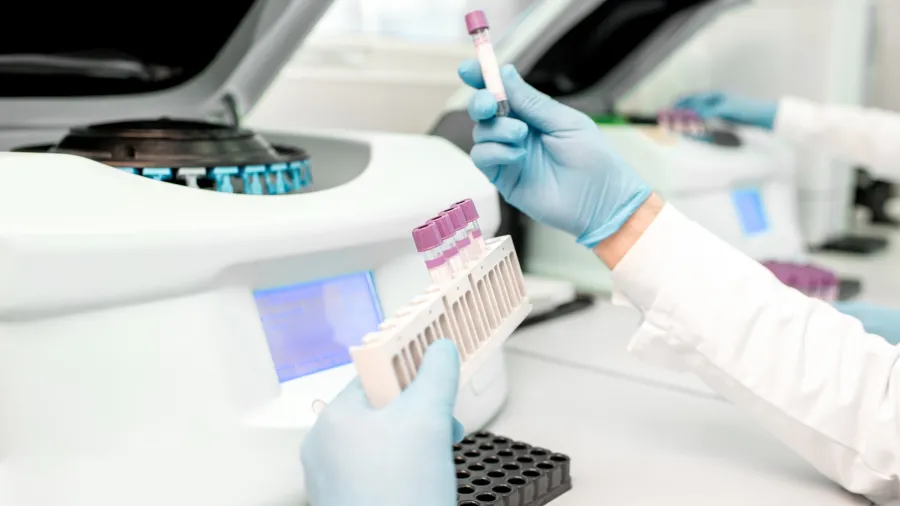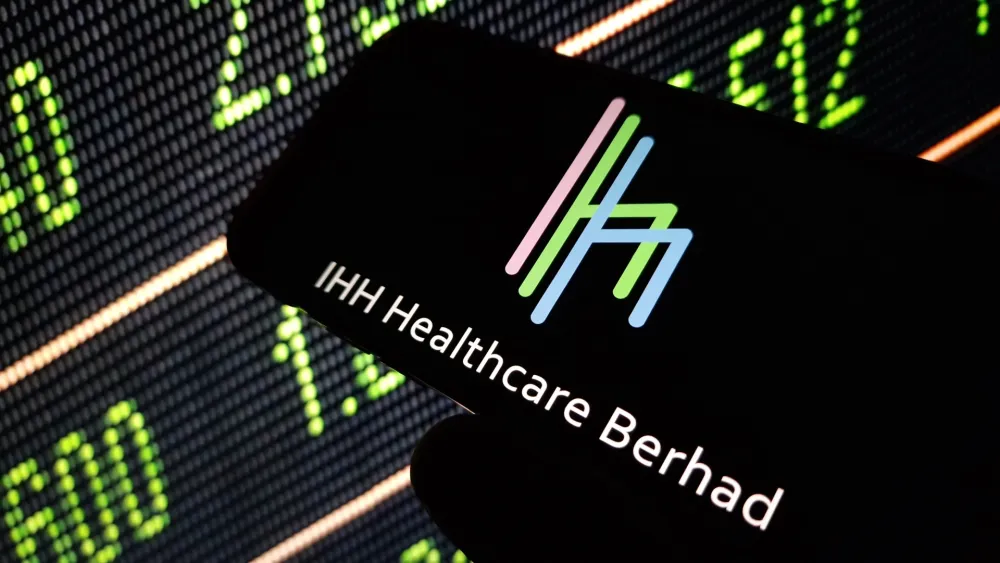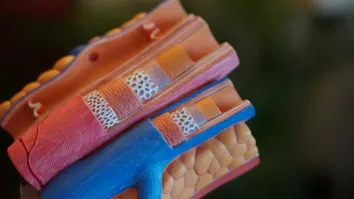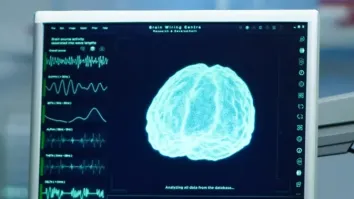
Here’s what’s driving Japan’s PCR systems market
The qPCR systems sector accounted for 53% of the APAC market in the current year.
The ongoing clinical and economic burden of antimicrobial resistance (AMR) on patients and the healthcare system is driving Japan’s polymerase chain reaction (PCR) systems market, which is expected to rise at a compound annual growth rate (CAGR) of 5% through 2033.
A GlobalData report revealed that the country’s automated quantitative PCR (qPCR) systems sector accounted for approximately 53% of the Asia Pacific (APAC) market in 2024.
One of the market's key developments is the introduction of the SmartChip ND Real-time PCR system, introduced by a subsidiary of Japan’s Takara Bio Inc.
The “research-use-only” (RUO) platform is designed for high-throughput AMR monitoring and supports various configurations to enable broad surveillance.
Meanwhile, GlobalData’s medical devices analyst, Nandini Nagpal, noted the country’s broader efforts, which include the establishment of surveillance systems through initiatives such as the AMR Alliance Japan.
“Conventional PCR systems used for monitoring AMR often face limitations in throughput and efficiency, making it difficult to process large sample volumes quickly without compromising accuracy,” Nagpal said.
“By strengthening research capabilities and promoting early interventions, Japan aims to improve patient outcomes and develop more effective public health strategies,” the analyst added.



















 Advertise
Advertise






